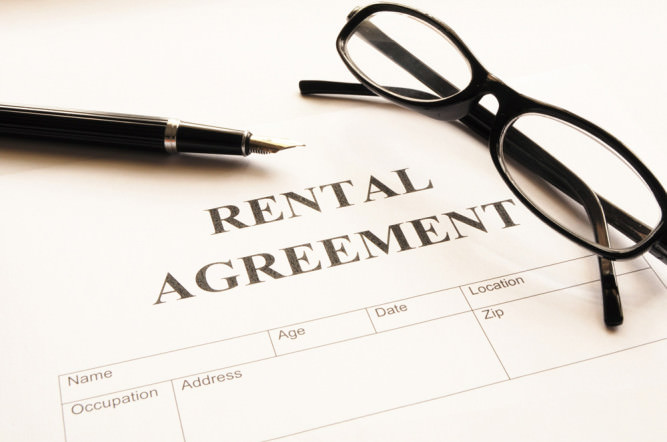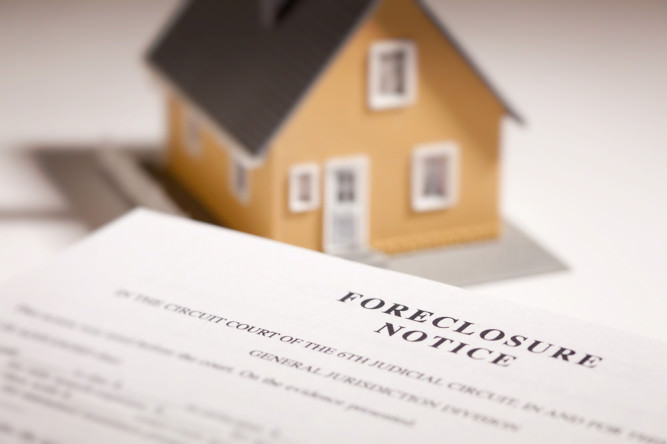The most significant legal authority in Georgia regarding pet restrictions is the Georgia Court of Appeals case of King v. Baker. The case is also extremely important in setting forth the broad discretion and authority of an association’s board of directors. The facts of the case begin with the Kings purchasing a house on two acres so they could build kennels and breed dogs. Unfortunately for the Kings, however, a restrictive covenant recorded against their newly purchased property stated...
Read More...
Neighborhood covenants usually require owners to obtain architectural approval before building new structures or modifying existing structures. The courts have repeatedly held that such architectural restrictions are fully enforceable. But we all know that not everyone follows the covenants. What happens if an owner makes unapproved changes and then sells the property before the violation is corrected? Does the violation continue so that the new owner is responsible for correcting it? The...
Read More...
A new owner has moved into your neighborhood. She worked with a real estate agent, had a closing at an attorney’s office, and everything went smoothly. But now there is a problem. The previous owner owed hundreds of dollars in unpaid assessments and charges that were not collected at the closing. You have recently informed the new owner that she now owes those amounts. The new owner is understandably surprised and is also surprised to learn that her property is subject to the neighborhood...
Read More...
The governing documents for new communities often do not restrict the number of properties that may be leased. The reason is because many developers would like to sell properties in the new community (whether the community consists of condominiums, townhouses, or detached homes) and do not mind if investors purchase multiple properties with the intent of using them as investment rental properties. Once a community is built out, however, many homeowner-controlled boards desire to restrict...
Read More...
One of the most important ways for an owner to be involved in a community is to pay his or her assessments. Community associations cannot fulfill their obligations related to maintenance, repair, and operations without owners paying their assessments. Many associations have had enough of delinquent owners who continue not to pay and are increasingly looking to foreclosure as a way to rid themselves of these deadbeat owners. There are two types of foreclosure in Georgia. Judicial and...
Read More...




